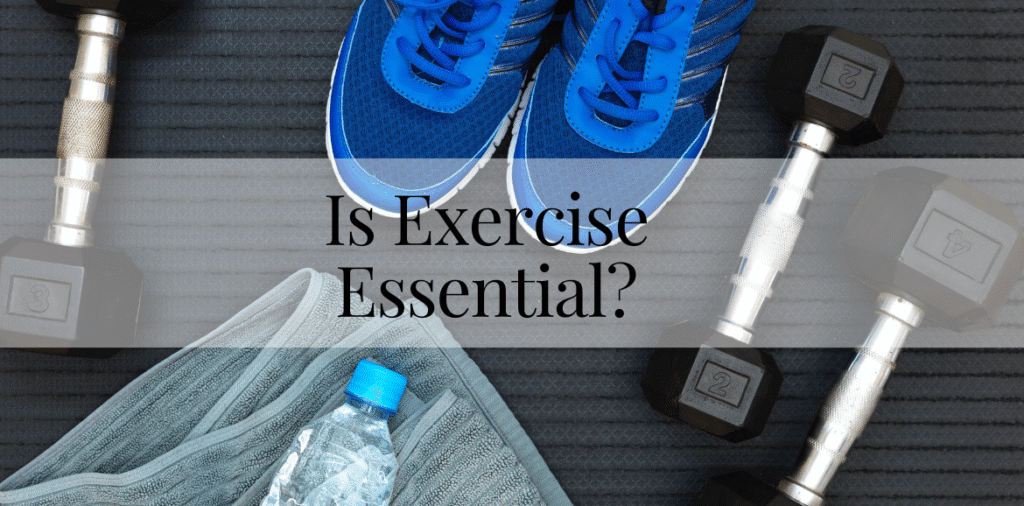
Your body is a machine. It was made to move. In fact, our ancestors had to move in order to survive, to find food, to find shelter and to escape predators. Now, we often think of exercise as optional and inconvenient. There are so many amazing benefits to exercise, including some you may not have thought of.
Exercise is beneficial for:
- Increasing our ability to detoxify
- Expending energy and burning calories
- Promoting positive hormonal adaptations
- Improving neural tissue health and nerve networks (neuroplasticity)
- Improving lymph flow
- Improving circulation
- Relieving stress
- Improving resistance to inflammation
- Boosting cognition and mood
- Decreasing likelihood of disease (all kinds)
- Increasing lifespan and healthspan
- Strengthening muscles and bones
- Improving flexibility and range of motion
- Improving balance and coordination
- Improving endurance
- Maintaining a healthy body weight
- And many, many more!
How do you best approach incorporating regular exercise into your life?
- Frame exercise in a positive light. Look at it from the perspective of building health. When exercise is viewed as restrictive or punishment, it often results in poor follow through and quitting.
- Be sure to eat nutritious meals in order to have enough energy for your workout.
- Be sure to stay hydrated before, during, and after. It is amazing how exhausted being dehydrated can make you feel. Add some sea salt or a mineral rich electrolyte powder to your water to make sure you are replacing minerals lost with sweat.
- Be sure to build recovery into your schedule. Exercise is considered a hormetic stressor and by nature breaks the body down in order to help it build back stronger. The body must have time to recover in order to rebuild.
- Try to incorporate a variety of exercise types: weight training for building muscle, cardiovascular exercise to heart health, and stretching for flexibility. Within these 3 categories are endless possibilities of choices.
- Choose activities that you enjoy. You will be more likely to stick with it over the long term.
- Aim for consistency over intensity. Start at a pace you can handle and gradually build up. Beginning too hard and intense often contributes to wanting to quit altogether.
- Track your progress and only compare yourself to yourself. Do NOT compare yourself to others.
- Build exercise into your daily activities. Take the stairs, park further away in the parking lot, take breaks at work every hour to move or stretch, play with your kids or your dog.
All of these principles should help motivate you to get moving consistently. Soon you will be feeling the benefits. But even better, you will be working to improve your healthspan, so that you don’t just live a long life, but that you may also live a full and active life all the way to the end.
Here’s to your health!






